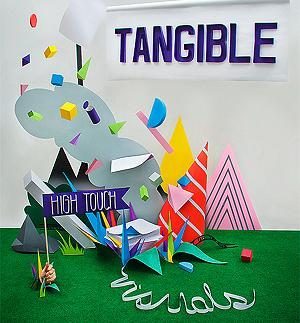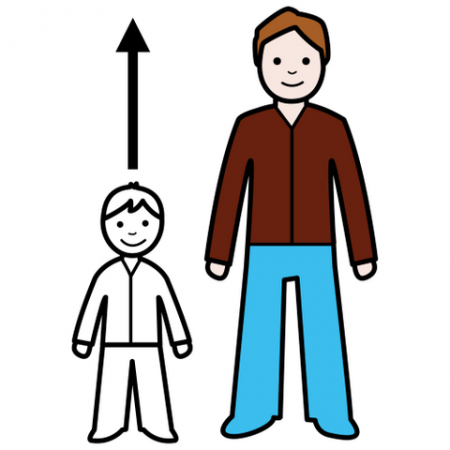 The term tangible is used as a qualifying adjective to designate or name those things or phenomena that can be touched or enjoyed through touch.
The term tangible is used as a qualifying adjective to designate or name those things or phenomena that can be touched or enjoyed through touch.
That which can be touched and also perceived in a concrete way. Leading role of the senses
When something is plausible to be touched by our own hands and verified, therefore it becomes evident, we speak in terms of tangible. Meanwhile, in this action there is a great presence and relevance of our senses, because it is precisely these that allow us to specify touching something through touch, or seeing something through sight.
It is also used to refer to what can be perceived in a specific way.
Needless to say, it can be applied to an endless number of elements or things in reality and as long as they can be verifiable through touch or verified through direct observation, they can be considered tangible.
Sometimes the word can be used metaphorically to refer to things that are so easy or accessible that they act almost as if they are tangible.
The idea of tangible or tangibility that a thing can have has to do with reality, all those phenomena that can be witnessed with the senses, especially with touch. By case is that the term is used synonymously with concepts such as real, evident, concrete, among others.
Our everyday reality is something that we can classify as tangible and so are the material things with which we interact and that by being able to touch them directly or see them we can attest that they are there.
Applications
Thus, this term can be used in many different cases, for example when it is said that the scaly skin of fish is tangible or that a surface is tangibly rough. Following this idea, the notion of tangible can also be applied to the different types of scientific or criminological investigations for which the possibility of using something concrete as evidence is always important and much more useful than having assumptions.
Metaphorical use: things that cannot be seen but can be verified
However, as stated, the term tangible is not simply a term that applies to things that are real or can be checked by touch. Thus, it is common to use this word metaphorically to refer to things or phenomena that are not entirely visible with all the senses but that can be verified, for example when talking about the tangible growth of a company. There, reference is being made to numbers, not to physical growth, but since those numbers are so evident and clear, the tangible term is then used to show that this is how it is said.
The other side of this term is the intangible, that is, that which cannot be clearly perceived by our senses, because it is something that is not real, such is the case of a fantasy or an illusion, or because at some point it is untouchable through touch.
Dreams, for example, are a great expression of the intangible, they appear to us as real, but of course, they are not in any way.
So, we are constantly relating to tangible elements and also intangibles.
Money, which has a very relevant presence at the behest of our daily lives, since we use it to pay for goods and services that we consume, is something certainly tangible, it is real, we touch it, we can measure it, count it, separate it, save it.
Now, the value of that money is intangible, for each individual the money will have a different value.
On the other hand, on the economic plane, the difference between tangible and intangible things is also very present, although they are related to each other at the behest of a business.
For example, the machines that a company uses to produce, the stock it has stored, among others, are absolutely tangible things, while the intangible will go through a procedure, for the ideas that are had to gain profitability and maximize the performance of employees, among others.









